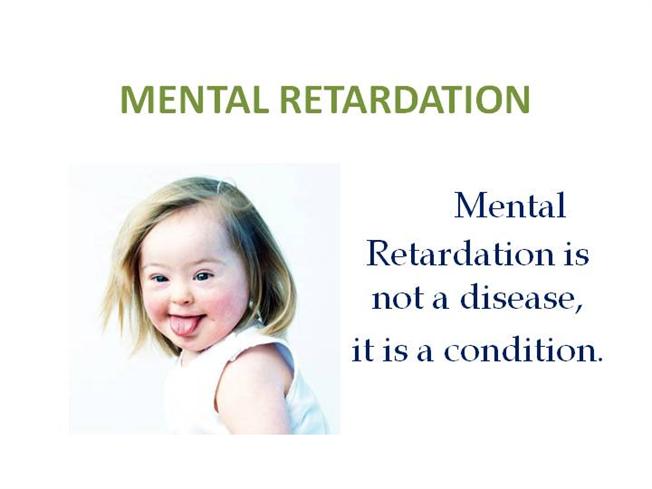According to Webmd.com, around 1 percent of the population is intellectually disabled, and 85% only mildly affected. Intellectual disabilities are generally diagnosed in babies and children under 18 and are characterized by below average intelligence and skill level. How do you know if someone is struggling with an intellectual disability?
Diagnosis of an Intellectual Disability
Table of Contents
The method of diagnosis is dependent on the age of the child. Blood, urine and other tests can be done to confirm intellectual disability in babies. Children suspected to have an intellectual disability are tested and evaluated by a professional. A psychologist might also administer an IQ or intelligent quotient test to score and evaluate a child’s adaptive functioning and ability to live independently. An intellectual disability diagnosis often follows both a low IQ, scoring less than 75 on an IQ test (the average person will test at 100) and difficulty adapting behaviors in comparison to the child’s peers.
Signs of Intellectual Disability
Children exhibit a range of signs and symptoms at various times and ranges, but the following are red flags and should be discussed further with a health care provider.
- Delayed speech.
- Slowness in developmental achievements such as rolling over, sitting up, crawling and walking.
- Difficulty adapting to new situations.
- Inadequate memory.
- Behavior problems.
- Issues with problem solving.
- An absence of children’s natural sense of curiosity.
- Difficulty transitioning from normal stages of development such as potty training or feeding and dressing him or her self.
- In comparison to their classmates, child is having difficulty keeping up intellectually and in the areas of social, language and motor skills.
- In severe cases, child may also have concurring physical and psychological problems such as hearing or vision problems, seizures or mental disorders.
Treatment for Intellectual Disability

Infants and toddlers can benefit from a multidisciplinary team of professionals, which may include speech/occupational/physical therapists, nutritionists, educators, psychologists, neurologists and family counselors that can work on a comprehensive Individualized Family Service Plan, or IFSP. These programs help teach parents which types of activities can encourage growth and learning while educating them about early childhood development.
For school age children, there are free special education services through the public school system as part of the federal Individuals with Disabilities Education Act (IDEA). Parents can work with a team of counselors and educators to help their child succeed in school based on their specific needs and goals through an Individualized Education Program, or IEP. In addition to helping them develop social skills, a special education program can accommodate and support children who would otherwise feel left behind.
Also Read :
- How to Look After Your Mental Health
- Factitious Disorders : Causes, Symptoms, Types, Diagnosis and Treatment
How Counselors Can Help
Intellectual disabilities can cause feelings of loneliness. Children are more vulnerable to teasing and bullying because others deem them to be different. A lack of social support and ability to connect with others can cause a propensity to develop other mental illnesses. Clinical counseling can provide a supportive solution to help children and teens feel validated, cope with stress and frustration, work on behavioral problems such as hyperactivity or physical aggression, and learn appropriate social skills.
Parents when told their child has an intellectual disability may be devastated, fearful of what the future holds, but there are several support resources available for tools and guidance. Group therapy and support groups allows them a chance to share and connect with other families going through similar experiences with their children. A mental health counselor can also counsel families in family therapy. When one child has an illness or disability, attention tends to shift away from other children or family members. Family counseling is a great resource for everyone in the family to address and express their feelings, concerns and needs that may not be discussed in the home.
People may perceive all children with intellectual disabilities as having a limited future. This is not the case. In truth, many children with intellectual disabilities will be able to have careers, live on their own and support themselves. With assistance, compassion and patience, a lot can be done to change their lives for the better. When clinical counselors, educators, health care providers and parents work together, hope abounds for babies, children and teenagers with intellectual disabilities to grow into happy, and even independent adults in the future.
